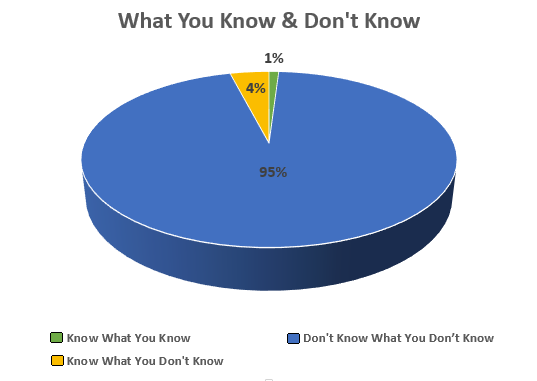The Personal Website of Mark W. Dawson

Containing His Articles, Observations, Thoughts, Meanderings,
and some would say Wisdom (and some would say not).
The Law of Unintended Consequences
The law of Unintended Consequences is something that I have been very concerned about, ever since I found out about it. I have seen it operate so many times, and in so many ways, that although it is an economic and social law (which are often highly inaccurate) I believe that it is a cornerstons of economic and social science, and very applicable to political science.
The law of unintended consequences, often cited but rarely defined, is that actions of people—and especially of government—always have effects that are unanticipated or unintended, in its outcomes of unexpected benefits, unexpected drawbacks, and perverse results. Economists and other social scientists have heeded its power for centuries; and for just as long, politicians and popular opinion have largely ignored it. Most often, however, the law of unintended consequences illuminates the perverse unanticipated effects of government legislation and regulation. This law is also a great contributor to the public policy aphorism “Every public policy problem has a simple solution – and it’s usually wrong.”
Unintended consequences can be grouped into three types:
- Unexpected benefit: A positive unexpected benefit (also referred to as luck, serendipity or a windfall).
- Unexpected drawback: An unexpected detriment occurring in addition to the desired effect of the policy (e.g., while irrigation schemes provide people with water for agriculture, they can increase waterborne diseases that have devastating health effects, such as schistosomiasis).
- Perverse result: A perverse effect contrary to what was originally intended (when an intended solution makes a problem worse). This is sometimes referred to as 'backfire'...
I would also add, upon thinking about the law of Unintended Consequences, that is very important to remember three things:
- That we know what we know,
- That we know what we don't know,
- That we don't know that we don't know.
It is that we don't know that we don't know that often is the killer in the Law of Unintended Consequences.
The percentages of these items are often staggering as follows:

When crafting any social, economic, or political policy you should always remember what Ben Franklin said - “Doubt a little of your own infallibility” when crafting and reviewing the policy.
A good introduction to this topic is The Concise Encyclopedia of Economics article on Unintended Consequences.